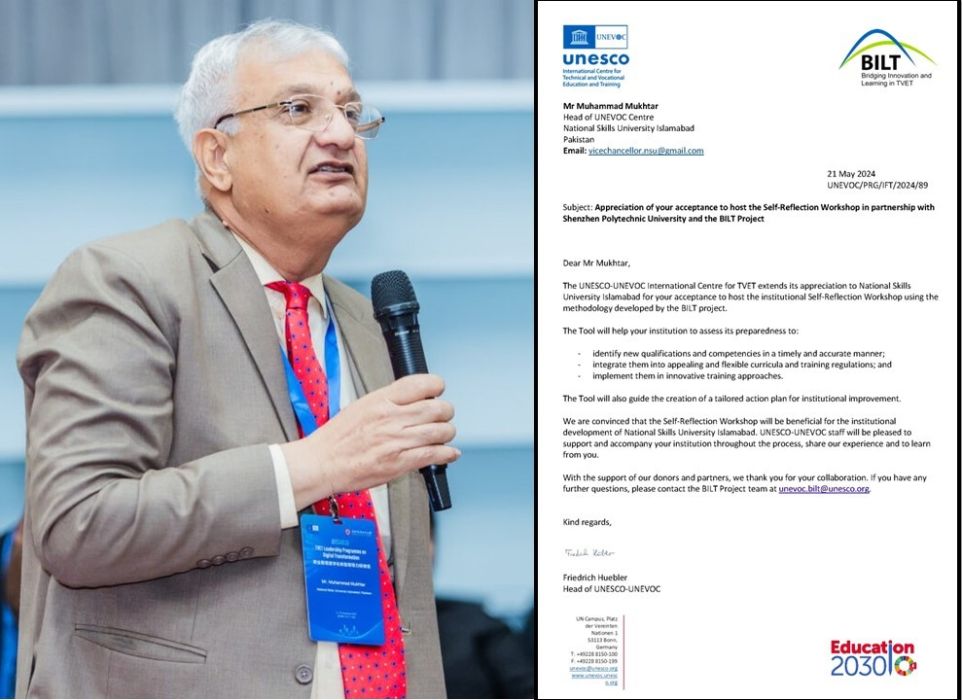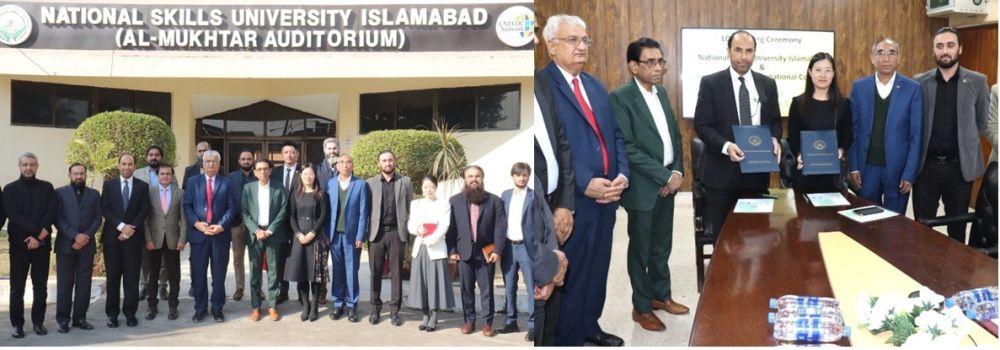How HEC is Supporting Pakistani Faculty through Providing Opportunity for Ph.D.?
Posted 1 year ago
Recent announcement for Faculty Development Program (FDP), now in its fourth batch (APPLICATIONS DEADLINE MARCH 10, 2025), is a continued effort to equip non-PhD faculty members of public sector universities with the tools and opportunities to contribute meaningfully to Pakistan's knowledge economy. This program serves the individual aspirations of academic professionals. It aligns seamlessly with the country's broader socio-economic goals, such as those outlined in the Sustainable Development Goals (SDGs) and Vision 2025.
Launched in 2016-17, the FDP was conceived to address a glaring gap in Pakistan's higher education sector: the shortage of qualified PhD faculty. By offering split PhD scholarships, this program provides a dual advantage. Faculty members begin their research locally, rooting their work in Pakistan's context and priorities. However, they also benefit from a year of foreign research in one of the world's top 500 QS-ranked universities. This design encourages the internationalization of research and fosters cross-border academic collaborations an essential ingredient in elevating Pakistan's academic standing globally.
Building Capacity for Innovation
The FDP invests in the nation's intellectual infrastructure. The program promises a multiplier effect by enhancing non-PhD faculty members' research and development capacities. Faculty members trained under this program will not only bring cutting-edge knowledge to their classrooms but will also mentor future generations of scholars, creating a ripple effect of academic excellence. This addresses a fundamental issue in Pakistan's higher education system: the need for centralized leadership that prioritizes teaching effectiveness and innovative research.
Global Exposure, Local Relevance
A key strength of the FDP lies in its balanced approach to global exposure and local relevance. By initiating research in Pakistan and complementing it with a foreign training, the program ensures faculty members remain deeply connected to national challenges while gaining insights into global academic trends. This is particularly important for a developing country like Pakistan, where solutions to local problems often require blending indigenous knowledge with international best practices.
Alignment with National Goals
Programs like the FDP form the backbone of Pakistan's strategy to integrate higher education into its development narrative. By producing a critical mass of PhD-qualified faculty, the program contributes directly to the SDGs, particularly those related to quality education (Goal 4) and innovation (Goal 9). Additionally, it aligns with Vision 2025, which envisions Pakistan transitioning to a knowledge-based economy. The FDP also indirectly supports socio-economic development by preparing scholars to address challenges in agriculture, health, technology, and other critical sectors.
Conclusions
The Faculty Development Program is a cornerstone initiative that has the potential to support Pakistan's academic and research landscape. By investing in its faculty, the country invests in its future, where higher education catalyzes socio-economic transformation. However, for the program to realize its full potential, it must be accompanied by complementary policies addressing regional disparities, incentivizing research output, and creating a culture of academic excellence.
As the application deadline for Batch IV approaches, it is being hoped that the program will attract a diverse and talented cohort of scholars ready to take on the dual challenge of advancing their academic careers and contributing to Pakistan's development.





